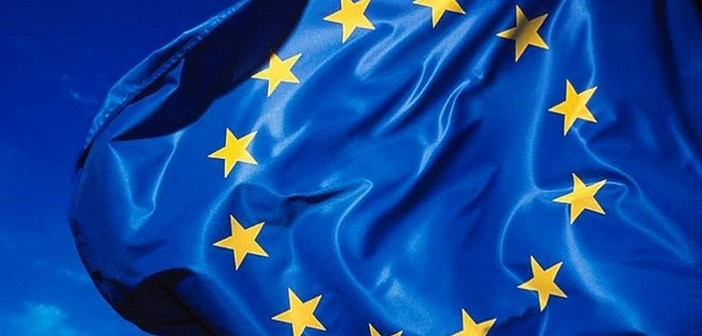With the refugee crisis, the European Union today faces the most significant humanitarian drama in its history. It is simultaneously confronted with terrorist attacks on its territory, orchestrated from outside. At the root of this dual crisis lies an increasingly widespread destabilization of the European neighborhood.
A chaotic and insufficient response to the refugee crisis The lack of a coordinated European policy on migration and border management is dramatically highlighted by the second major wave of refugees that Europe has experienced in thirty years.
The humanitarian crisis resulting from the concentration of refugees, including in already very fragile countries like Greece, constitutes a double failure both in terms of respecting human rights and managing borders. It also reveals new divisions between the EU states and within them.
It fuels a general retreat to the nation-state, perceived as the only entity capable of ensuring the protection of citizens and territory. However, individually, states lack the means to act on their neighborhood, and their policies, whether of opening or closing borders, have immediate and massive effects on their neighbors.
The necessity for a coordinated response becomes even more pressing as the United States, long perceived as the protective shield by many European countries, has initiated a strategic pivot towards Asia, which should result in an increasing disengagement from Europe and its neighborhood.
Faced with these new challenges, Europe is ill-prepared because it was built around the objective of pursuing peace on its territory. It was not conceived to address issues of peace and stability beyond its borders and found itself very vulnerable when it became clear that from Kaliningrad to Nouakchott, it was bordered by an arc of instability.
Since the fall of the Berlin Wall, the only effective neighborhood policy that the European Union has managed to implement has been its own enlargement. The promise of integration into the European Union played a significant role in the successful transition of Central and Eastern European countries, but the same model cannot be replicated indefinitely.
The evident fatigue towards enlargement highlights the absence of a sufficiently robust neighborhood policy to help stabilize countries around Europe and anchor them in a trust-based partnership with the EU. Even today, European countries are not stepping up to efficiently support the states that have been the scenes of external interventions or democratic revolutions towards their economic and political reconstruction.
The role of the Union has remained remarkably nonexistent in terms of security and defense, where it has never appeared weaker, even though European citizens largely support the possibility of joint action in these areas.
Military spending (as a percentage of GDP) has been continuously declining in nearly all member states for thirty years, with the bulk of the effort borne by a small number of countries, including France. In 23 of the 28 member states, these expenditures are below the 2% of GDP mark set by NATO as a minimum goal.


